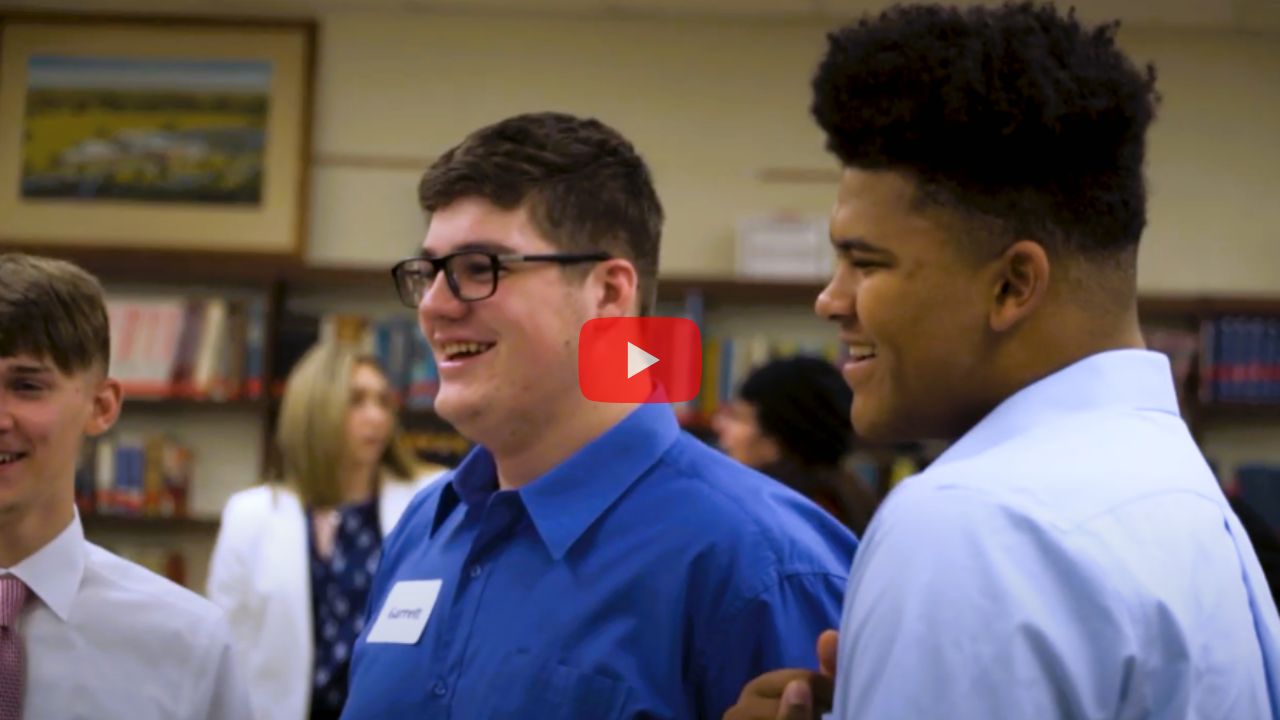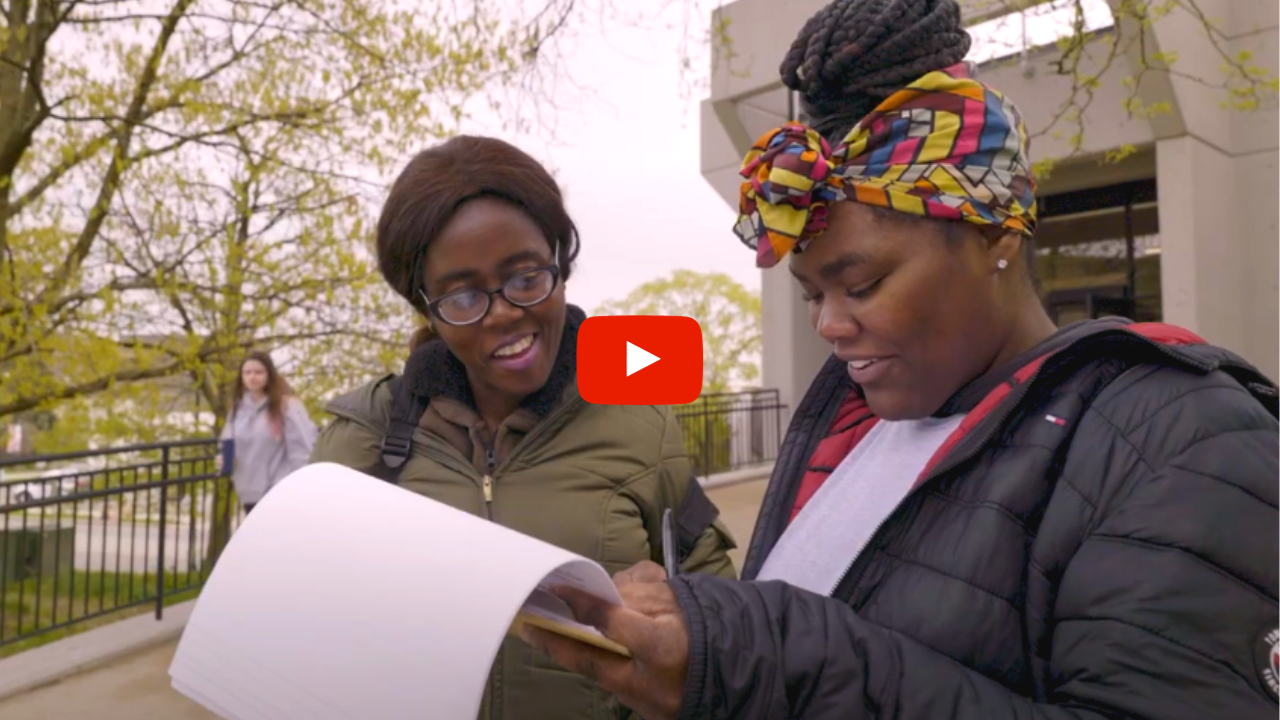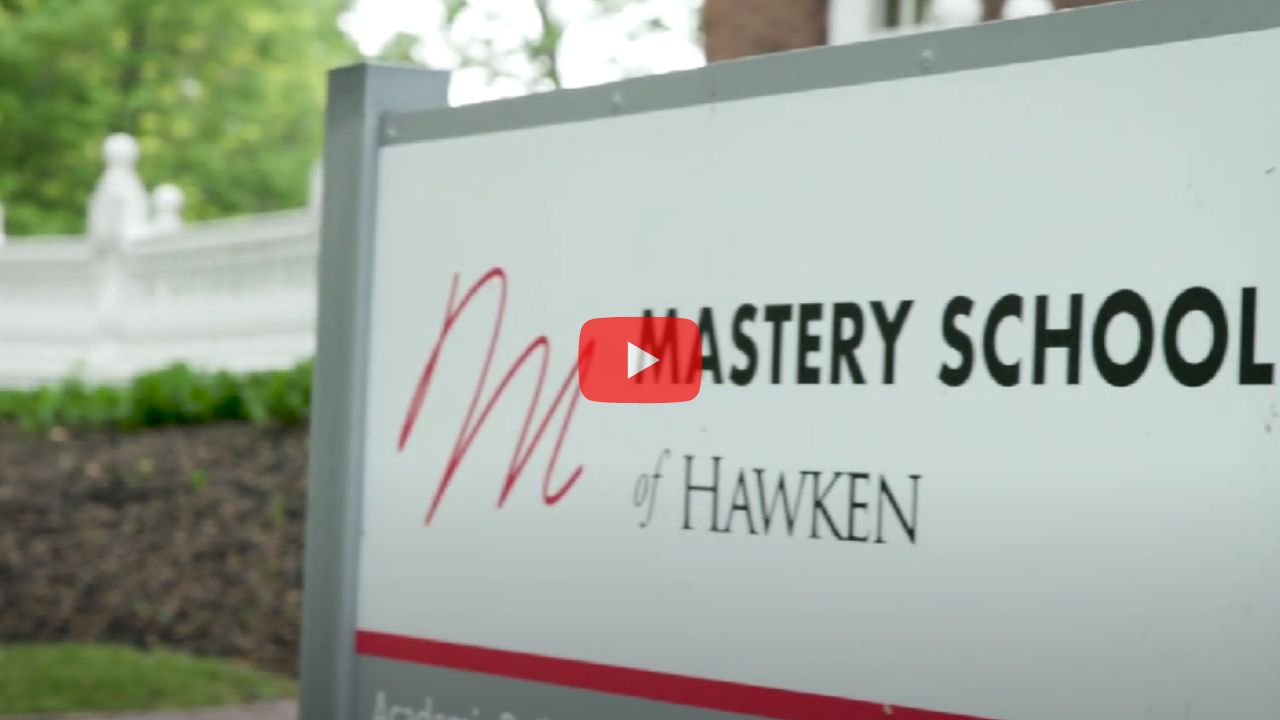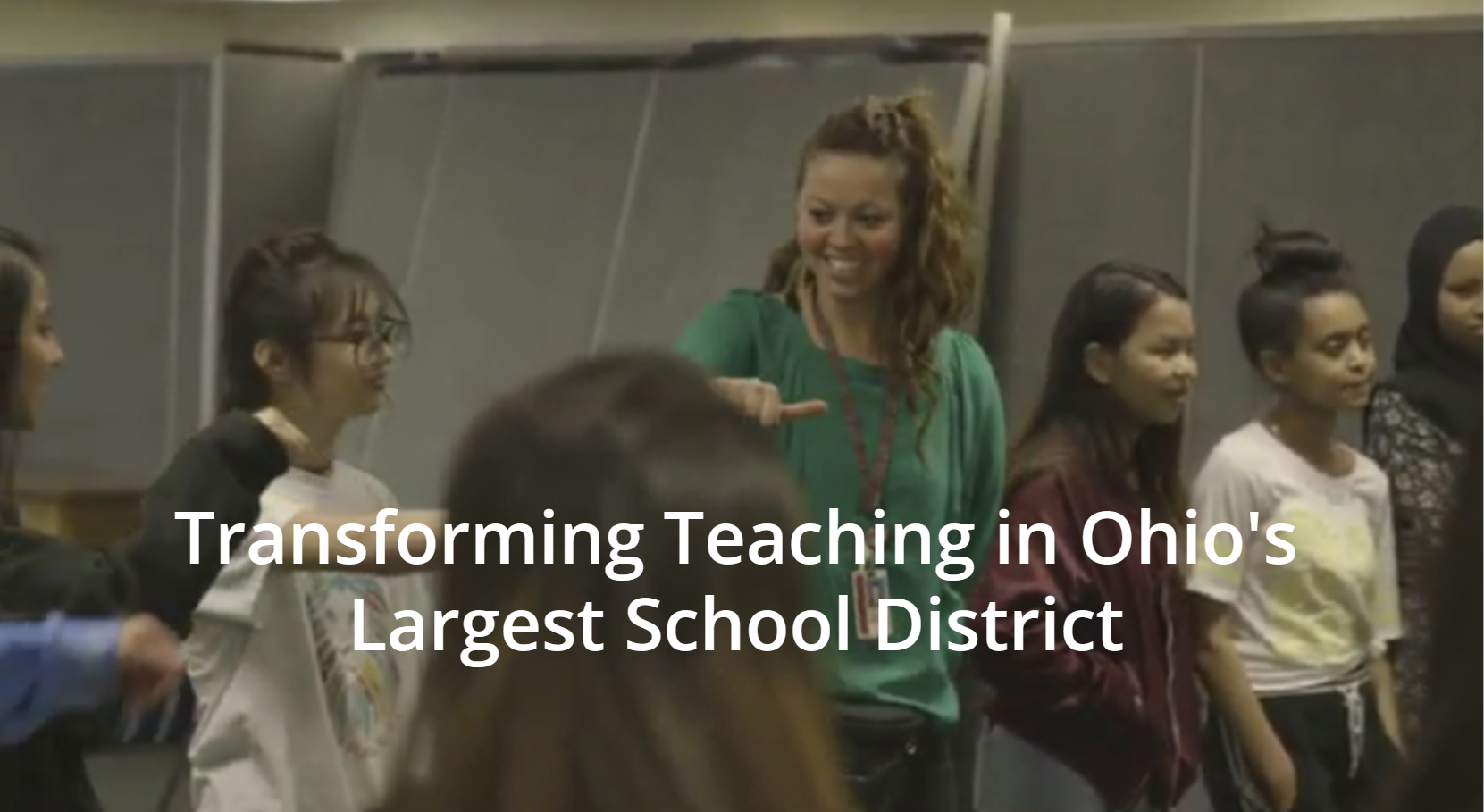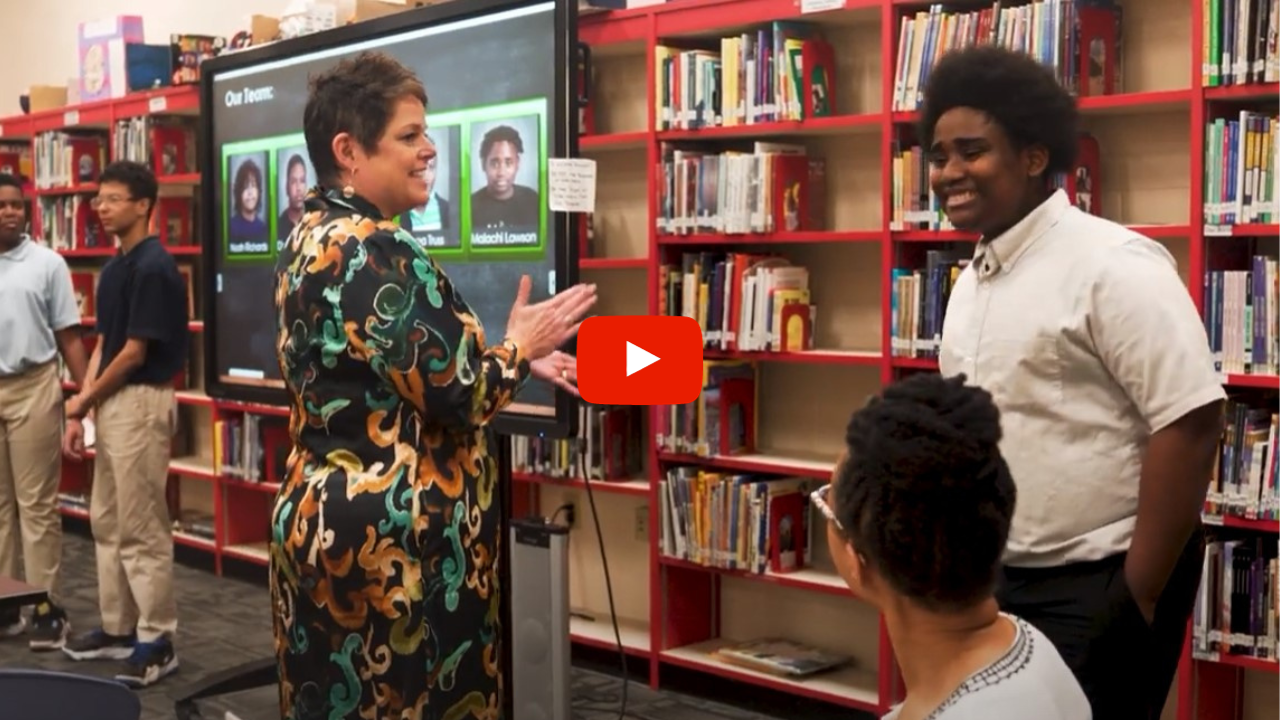In this episode, Doris speaks with Alethea Tyner Paradis, history professor at Santa Barbara City College and Director / CEO of Peace Works Travel, a socially conscious study abroad program where students learn through meaningful local problem-solving designed to foster critical thinking, empathy, and innovative solutions for a more peaceful world.
Do School Better: A Podcast for People Who Want to Transform Education - Listen to more episodes here
Doris: Hello, Alethea.
Alethea: Hi, Doris, thanks so much for having me on.
Doris: Oh my gosh. That’s for me to say. I’m so excited to be talking to you, and I would love it if you could please tell our listeners a little bit about you, who you are and what you do.
Alethea: Well, my name’s Alethea Paradis. I am a lawyer-turned-history-teacher-turned-entrepreneur, and I still teach history at Santa Barbara City College, and now I am the director and CEO of Peace Works Travel which is a socially conscious study abroad program. And I learned our differentiating magic from Doris and the Wildfire group.
Doris: Thank you. That’s very sweet. I think I loved when I first met you, and you came to the very first workshop in Steve Blank’s living room, when I had no idea that four years later or three years later, whatever it’s been, I’d be actually creating a nonprofit and this would have grown so much. But you were very brave to come to that first one. But when I first met you, I loved hearing about why you decided to create your new business, and can you tell us a little bit about why you decided to do it and what your mission is?
Alethea: Well, thank you for asking. It was really 9/11 that inspired me to start Peace Works. And as a high school social studies teacher, I was hearing my students repeat these calls to war they were hearing on the news as the answer to our national grief following the 9/11 tragedy. And I thought, “You know, let’s go to Vietnam and check out how war solves anything.” Right? Yeah, I think I’m a good history teacher and really passionate about it because I hated it so much in high school. I was really alienated by this kind of 19th-century model of memorization and having to assume everything in a textbook was the full story or the full capacity of what actually took place. And so I found that experiential learning outside the classroom and then, more specifically, service learning abroad, just sincerely met the needs of engaging students to care about their citizenship, get engaged in their democracy. And once they realized their own power to generate solutions to things, they really turned on to caring about what the adults around them were doing. And I found that taking students to places that were recovering from history was the best way to get them engaged in our own citizenship here at home.
Doris: Oh my gosh. I love that, and so, three years ago, you came to the workshop, and tell us what happened. What did you build?
Alethea: Yeah, so, originally, of course, when you take kids to places where things have occurred, the sort of rationalization behind it is that you need to do something. So you want to…voluntourism has become a thing, right. Like, people wanna travel for good and go abroad, and I came to your workshop looking for a new way of making a difference. There’s all kinds of problems around the world that need to be solved, and the goal of service learning is to harness the students’ natural curiosity and concern for social problems, convert that compassion into positive action and then ensure that their desire to help is, in fact, sustainable. Your workshop helped me formulate a model that is so brilliant that it took me out of this kind of colonial voluntourism mindset, where you have, say, well-meaning westerners go to some developing country and dig a hole or paint a wall and then therefore kind of satisfy that need to feel like you’ve done something meaningful in the world. Your framework allowed me to see that there’s a better method, a better practical road map for customizing solutions-based action into a service learning framework that frankly, you don’t need to leave the country to do. I do it with my students here in the community locally, but it was a way of harnessing that desire to do something that was really much more about solidarity and sustainability rather than charity.
Doris: That’s really interesting. So, you talk about the program that you’ve built, what you have students do and how that works as a teacher.
Alethea: So, as a teacher, your kids are naturally compassionate, but you have to give them a reason to grab on and engage. So when you want them to own a project, say you want them to get interested in the foreign policy, or history, or democracy or, you know, something related to your core content, you have to find a way of stimulating thier hearts, right, to get them to care. And the authentic, really dig in can’t be about a grade, and kids are smart. They know that in the real world, it’s not about that anyway. So without speaking in abstractions too much, what I loved about your program is that you really gave practical exercises using this kind of core business philosophy, this proven model canvas methodology and applied into very specific channels and activities that you can do with students to have them start thinking in a solutions-based entrepreneurial mindset. And I know that’s a high level jargon, but I can give you some practical examples.
Doris: No, I get it.
Alethea: So, for example, when our students go abroad to Vietnam, we are partnered with the Peace Village in Hanoi, and they are a home and rehabilitative facility for young children with Agent-Orange-related complications. And rather than this just being an exercise in voyeurism, right, where we bring a bunch of healthy Western kids over to volunteer play for the day and marvel at their good fortune for not being afflicted with Agent Orange problems, we instead look at this as an opportunity. Say, “Hey, listen, you can now learn science. You can learn about what dioxins are. You can now learn history, right? Why did the United States use this toxic defoliant? And what was the strategy and the meaning behind it? And what were the policymakers thinking? So there’s that whole inquisitive piece. And then we have the students pen-paling in advance with local Vietnamese high school students. Together, they go to the Peace Village. They hear from the directors. They interview the stakeholders, the parents and the nurses and some of the residents there, and then they collectively, using the methods I learned from you guys, go back to the conference room. And they’re doing all the fun stuff. I love your lessons. It’s very practical how you’ve been able to digest this seemingly complex process into…
Doris: Systems.
Alethea: Yeah, these activities that…and it’s really clear. “Oh, this’ll take 20 minutes.” Or, “That’ll take, you know, whatever portion of what is normally a class period.” We do this with the students in conference room. They empathy map. They design think, and they come up with what they believe are solutions, and then they go back to the Peace Village the next day and are very passionate. And now they’re pitching these ideas to help solve whatever issues the stakeholders have, so obviously, in most cases it’s money. Everyone needs more money to run their nonprofit or to fulfill their mission, but the process that our students are going through actually inspire them to think more creatively about possible revenue-generating solutions that aren’t just based on, you know, short term band-aids but are about longer-term solutions between people previously divided. So, we also do this, I mean, here in our own community. We don’t have to go abroad to do it. I use the same kind of methodology with my Vietnam War students when we’re talking about veterans’ issues here in town. Yeah, it’s the same method, so you can do it anywhere, but I love that the service learning can elevate itself above such kind of short-term ego gratification. And I don’t mean to…
Doris: Sure, it’s richer. It’s richer because they’re problem solving in a much broader way and a deeper way.
Alethea: Right, they’re taking those skills. They’re taking those skills and then applying it to other things, so you can see the arc of their evolution, right. The goal of doing…I mean, the goal of education, ultimately, is that the individual would be transformed and then make a change in their communities, in their societies. And I see our students doing that, because they may go through the exercise in this one case. But their minds are so blown from seeing that, “Oh, wait a minute. Something that we’ve call the problem isn’t really a problem but might be an opportunity.” And how can you look at a failure as not a win-lose situation but that you’re actually peeling back the layers of revealing your assumptions that might be false. That’s a beautiful thing.

Doris: That is a beautiful thing, and when you’re guiding them through a problem-solving process, and I assume they’re working as teams to do this. Do they interview people there? Do they have a different kind of dialogue with the people that they’re meeting locally when you do travel with them?
Alethea: I love that you asked that, because that’s the extra layer, of course, right. So it compels you to have a cross-cultural vernacular that you take that to a step higher so that it really compels the students to understand the process. Because they may have to, through a translator, explain it to someone of a different culture who doesn’t necessarily automatically get those principles. So, for example, our work in Cuba, right, they’re just emerging into…they’re extremely innovative people. I mean, they have been navigating, you know, beneath this behemoth of a…yeah, it’s a very arcane system. They’re very innovative. They’re very solutions-based. They’re on an island, and so they have to be very resourceful, and they’re constantly looking for creative ways of solving problems. Although, they may not have our Western sense of urgency, you know, that time is money, and everything needs to be done like this. So…
Doris: They have a healthier mindset and attitude and lifestyle is what you’re saying.
Alethea: Maybe, I mean, we have something to learn there for sure, you know, the anxiety we cause ourselves by insisting that things be done immediately, you know. Our students have a lot to learn when they map through this process as they’re…it’s very dynamic, because the role of teacher and learner becomes inverted and that the students are then compelled as they’re asking questions, as they’re trying to distill down through the empathy mapping process. They’re trying to distill down on what is this person’s exact desire? What’s that’s thing that’s going to unlock that previously inaccessible thing? And what I love about doing that this with kids too is they’re not rigid thinkers like adults. Our brains get calcified, right. We’re not as elastic in our thinking, and so when you take kids through this process, and you’re not telling them what the answer is because you don’t even know what the answer is yourself. You’re telling them, “Hey, I trust this method. Here’s the core beliefs. I trust this method to lead us to a place where we will harness our best human ingenuity to come up with a solution.”
Doris: Yeah, and you’re full of questions along the way just as they are, and you’re actively in it with them, learning as they are.
Alethea: It’s so great, because then you find that it’s a short leap from there to them starting to question things and say, “Well, wait a minute. I’ve been hearing in the news that this or that about such and such country. Might it be that they feel this way about it?” And so it inspires this whole empathic intuition on creatively putting oneself in someone else’s shoes and saying, “Well, hey, if I were them, what would my problems be day to day? How is it that I would see this issue from a different perspective? And how might I value such and such over thus and so.” And, again, I know I’m speaking in abstractions, but the kind of consciousness we need to facilitate in our students is to prepare them. We’re trying to prepare them for jobs that don’t exist yet. So they have to be the drivers of this kind of inquiry. And then they have to see, well, what can be monetized along the way? And then how do you do that ethically?
Doris: So you’re teaching them…they’re learning all their skills there. They’re learning how to develop processes, and problem solve, and collaborate, and research and question. And all the while you’re learning objective which service learning, to learn service. It sounds really powerful what you’re getting these students to internalize through this.
Alethea: It’s brilliant, your program, actually…
Doris: Well, you’re doing it.
Alethea: Yes, it’s true. I should say that, thank you, we are doing it, and I’m not gonna lie. It was an effort to pivot away from…voluntourism’s easy. It’s simple, just like handing out worksheets in a classroom’s easy and simple. It’s very passive, but I know that the engine of America’s future is really the teachers of this great nation, and there are so many awesome teachers who are looking at the framework that they…you know, we all have compliance, right. We all have to do what we have to do within the framework we’ve been given in our individual institutions. But within that, the gold of that 45-minute class period, how are you gonna use that time? There are so many teachers that want to really transcend the ordinary and to take the gift of being in audience with these gorgeous minds for that period of time and leave them with something that will ultimately make this world a better place. And your methodology taught me how to do this, and, girl, I have to say it’s working.
Doris: Well, you’re working it, and I love that, really, in a way you’re taking what you wanted so badly to see happen as a classroom teacher out into the world, that what you’re saying is really that whether you’re taking them out in the world, or you’re teaching your class locally, it’s really about how you’re teaching and not where you’re teaching.
Alethea: Absolutely, it’s a different way of building your network of academic partnerships. You know, it’s cliche to say…
Doris: Oh, that’s interesting.
Alethea: Yeah, the cliche is, well, the world is your classroom. Well, okay, if you are a teacher who for whatever reason is not going to take their students out of the country, you’re going to just try and integrate the teachable elements within your community into your classroom. Your methodology is perfect for this, because basically, you’re empowering…like, homework has never been so amazing for these kids. What they do is they work in teams in the classroom, and then you very clearly give them questions that they are hungry to answer, and they will dig and dig and dig until they answer them, and that means research skills. It means public speaking skills. It means self-assertion skills. It’s leadership skills. It’s them getting out there and saying, “I am going to find the answer to this little nugget, and as soon as I understand that piece of data, I can report back to the group and say, ‘Hey, guess what? We don’t wanna go down this road, and here’s why.’”
Doris: Yeah. So, what have you taken away from it personally when you think about yourself as a teacher over the years?
Alethea: I’m very proud. I’m in contact with students that I have led abroad and used this methodology with, and I am very proud of how they are…you know, this is why we do this work, right, how they are now applying this into their own passions in myriad applications. Whether they’re studying software engineering, or science or poetry, it doesn’t matter. They now see themselves as powerful agents of change that can just because they care. Really all that’s needed is the concern, which I sincerely believe that as human beings, we’re born with this innate ability to have compassion for one another. And if you care about something, and you’re curious about it, well, the information age has now made every piece of data point available to you. And I’m very proud, personally, for how some of these students have exceeded my wildest conceptions of the ways in which they’d apply this knowledge.

Doris: That’s awesome
Alethea: Yeah it’s great. Sorry, we history teachers talk too much.
Doris: No, you don’t talk too much. It’s beautiful. Look, it’s why we do what we do, right? I mean, I’ve often said… I worked for many years in business, and now I’ve been in education for 21 years. And the biggest difference is that educators choose kids as their life’s work which is the one thing they kind of all have in common, and so you’re not talking too much. You’re talking from the heart. And there’s nothing more exciting than seeing your students years later and seeing that they’re empowered in their own abilities, through their own abilities, I should say, and their recognition of those and applying them to the things they care about. It’s exciting, so how has it changed you? What’s changed? If you think about yourself when you were, I don’t know, 10 years ago teaching history in a classroom only…not in these ways, how is this program that you’ve built, how has it changed you personally as a teacher?
Alethea: The number one takeaway I’ve had from using your method is that it gives genuine, authentic hope. And that might sound a little cliche, but hear me out a sec. Hope is really born of having an awareness of better possibilities and having a confidence that there are individuals, there are systems, there are forces that ultimately will transcend current challenges. And as every teacher has seen a student despairing over something and perseverating over a grade, or a problem, or an assignment or whatever challenge, as an adult, we look at them, and we say, “Oh my goodness. Bless your heart. You want to just let them in on the little secret, like, ‘Hey, this doesn’t really matter.’” You know.
Doris: Absolutely, anybody who’s been teaching more than three months, especially in a high school, where every kid thinks the stakes are so crazy high about every single little quiz and test. Anybody who’s been teaching more than three months knows exactly what you’re talking about.
Alethea: Exactly, and my joy in using your method is that it’s a hope engine. Because it provides a very clear and reliable mechanism for analyzing problems, working creatively and collaboratively with other people and seeing information that you might not like. It might not be the answer you want, and that can be really frustrating when you don’t get the answer you want. And you really were attached to it, but there’s a confidence on the other side of that, well, you know at least that wasn’t the answer and the path is now clear. You need to keep searching. You need to go back to your team. You need to be creative, or work another opportunity, or think outside of your confines, and once you rub up against your emotional angst of, like, “I thought I had The answer, capital T,” and your method reveals that it’s actually coming to that negative place is actually a good thing. It’s an okay thing, and that’s the hope that we need to be instilling in our children, not to get so hung up on the grade or the emotional disequilibrium of the ups and downs of being a human being but that, you know, the negative inputs are interesting. And they’re just information, and we’re gonna work with that information to ultimately come up with a solution collectively. Because facts matter, and the data will show us, will nurture us in the right way, and so long as we’re open to listening and genuinely care about the outcome, it’s like, success is guaranteed.
Doris: Well, and you know, I’ll bridge, I’ll make the parallel between that and teachers. You know, the kids…everybody who tried this kind of teaching, finds with…you know, I talk about deschooling, which I’m so sad, because I thought I made that term up. And there’s a man who actually wrote a book about deschooling in, like, 1940, so I didn’t make it up. But anyway there’s this period at the beginning where the students really, really want you to give them the answer. They want you to give them the instructions. They want you to tell them exactly step by step what they’re supposed to do, and when they get further into it, and they start really internalizing that, okay, this is honestly a real problem. It’s a real problem with someone else. It wasn’t manufactured by the teacher or by a textbook. It hasn’t been solved before, and there isn’t a single right answer, but there are answers that are not right. And there are things that don’t work.
And the best I can do is, with these other people I have working on it with me, figure out a process by which we can all of us together come up with the best possible solutions by doing a whole lot of work that takes us into research, and quantitative analysis, and science, and communications, and frustration and all those things. And it’s kind of messy, but they start really embracing, “Oh my gosh. I can learn, and I can do this stuff, and look what I just did. That’s crazy. I never thought I could’ve done it”. And as teachers, it’s so wildly different to teach like this than to teach the traditional way. And when you’re thinking about, Alethea, you’ve now been doing this for a while. When you imagine a teacher who is like you were in a school teaching, I’ll make it up, five sections of a history class every day in a high school. And they’re thinking, “Okay, this is all really inspiring, and she’s now off doing this all over the world. And that’s really cool, and it all sounds really great, but I don’t even have a clue how to begin or if I can begin.” What advice do you have for those teachers?
Alethea: I would say just start small, and you’ll get hooked on the magic of it, and then it will naturally evolve into something that will occupy greater real estate in your lesson planning.
Doris: That’s great.
Alethea: Yeah, and I would happily, by the way, if anybody needs a mentor or someone, a sounding board, to say, “Hey, here’s what I’m thinking of doing. How did you do this?” Anybody can call me. I love to talking to teachers, because they’re so inspiring, and teachers are always finishing up their lessons thinking we’re naturally sort of self-critical. We finish our lessons, and we’re like, “Oh, I could have done this, or I should’ve done that.” Or, you know, “All right, that was first period. I’m going to get it better next period,” and, you know, so we iterate naturally. I know it’s just sort of what we do, and I think too that teachers don’t realize that they’re already really expert at this modality of thinking.
Doris: Yeah, I agree, and I think your advice is exactly right. You’ve now had many iterations. The first time was probably very, very different than what you’re doing now, and you built it over iterations. And it’s about starting small. I could not agree more. I think that’s great advice.
Alethea: Yeah, I just wanna say that, you know, what you’re speaking earlier about, you know, looking at unsolvable problems, you know I’d say beyond seeing the satisfaction of student transcending their own…you know, when you see a student excelling, and, of course, you take personal pride and a little credit for that, but I’d have to say that the number one thing that your methodology has helped me with is to break down this sort of inevitability thinking that, “Oh, humans…” I think sometimes when the students…they watch the news. They hear about the Holocaust or the atrocities that they’re required to learn about or that they’re confronted with, and there’s this sort of fatalism that, “Oh, well, those problems will always be there. Oh, well, humans have always been at war. Oh, well, we’re always going to end in violence.” And my long term macrovision is to instill a sense of consciousness that we can use a different method to come up with solutions to problems that don’t end in violence, and your method does that.
Doris: Well, Alethea, I want to end on that note about solving problems in ways that don’t have to involve violence. Every time I talk to you, it fills my heart to know you’re out there teaching, and you have now shared that with a whole bunch of people who feel the same way, I know. Thank you so much for sharing your phenomenal work with us.
Alethea: Aw, thank you.
Doris: Bye bye.
Alethea: Bye.


